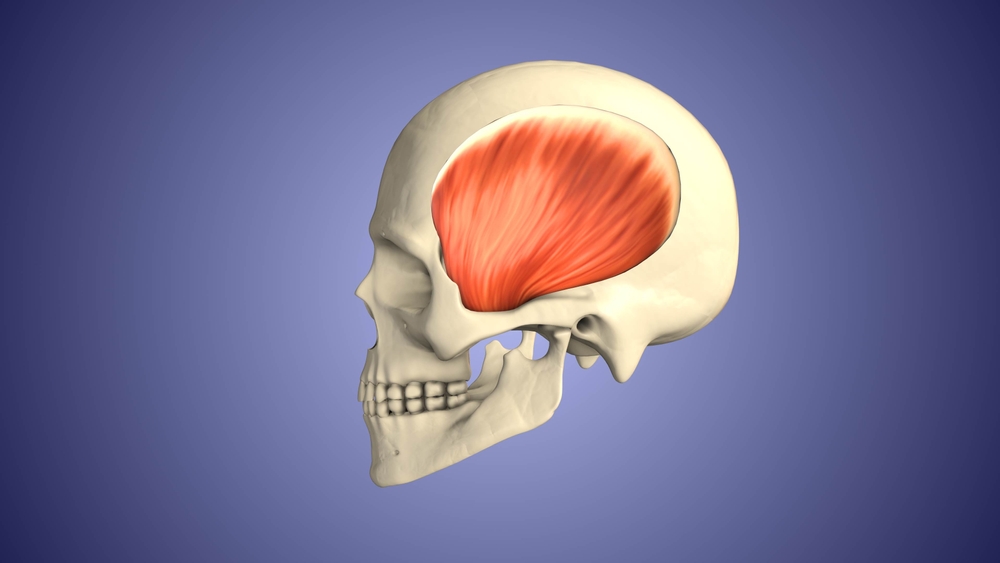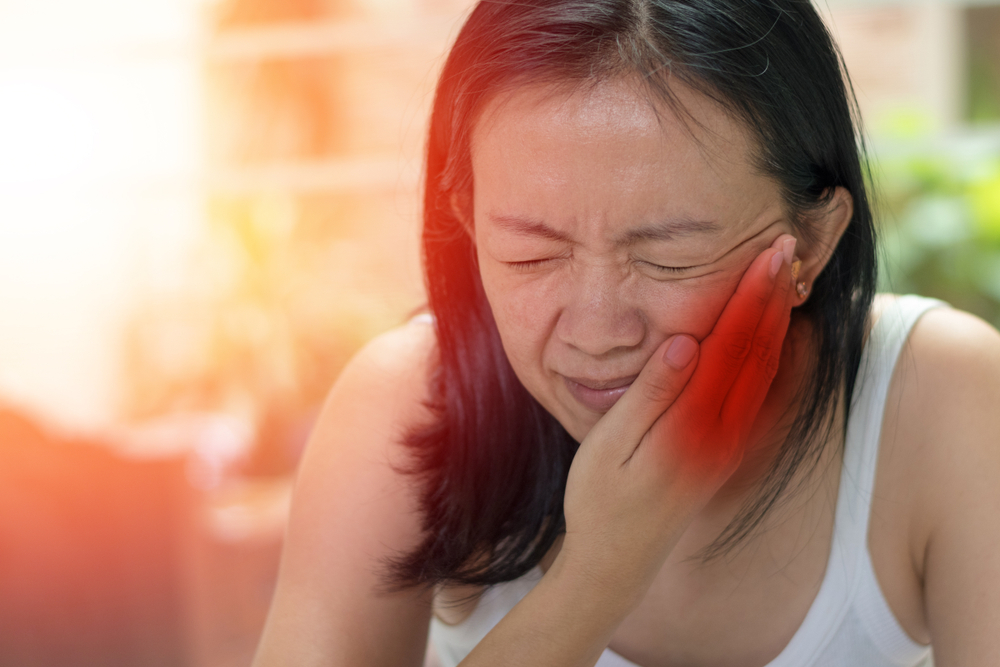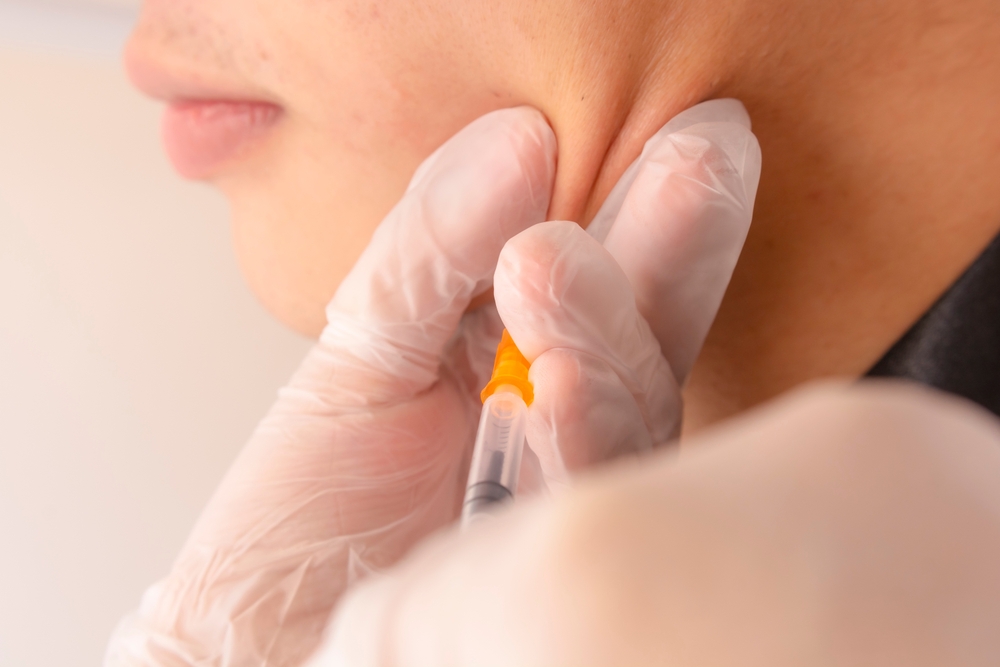Dr Kavitha Vegunta
Dr Kavitha Vegunta, Principal Dentist at Precision Dental Care @ Kingston, brings over 15 years of clinical experience with a special focus on Orofacial Pain and Sleep Medicine. Passionate about addressing the often-overlooked impact of bruxism (teeth grinding) and sleep disorders, she has dedicated years to advanced training in this evolving field. She is also a co-author of a chapter on Orofacial Pain in Pathological Basis of Oral and Maxillofacial Diseases by Elsevier
Suffering from bruxism or jaw pain? Book an appointment with Dr Vegunta today and take the first step toward lasting relief!

Teeth Grinding or Clenching During Sleep?
What is Teeth Grinding Bruxism?
Teeth Grinding & Clenching is an involuntary condition that often occurs unconsciously during sleep. It is known as Bruxism. Bruxism is excessive clenching and grinding of teeth which is not part of normal chewing movements.
Many individuals remain unaware of their condition until they experience symptoms such as jaw soreness, morning headaches, or noticeable signs like worn-down, chipped, flattened, loose, or fractured teeth. While occasional grinding may seem harmless,excessive clenching and grinding of teeth are not healthy actions and can occur during the day or at night. Due to lack of conscious control in sleep, frequent or severe teeth grinding (Bruxism) can lead to enamel loss, tooth fractures, jaw pain, headaches, or can potentially damage the jaw joints (TMJ) and teeth.
SYMPTOMS
What Common Signs & Symptoms of Bruxism (Teeth Grinding)?
Signs and symptoms may vary according to the frequency, nature, duration and strength of excessive clenching and grinding. While it may not always obvious, these are the common symptoms to look out for:
- Stiffness and pain in the jaw joint, muscles, this can cause restricted opening and difficulty in chewing.
- The noise that occurs when teeth are ground together, usually noticed by partner and friends
- Chronic facial pain with tension headaches caused by intense muscle contraction.
- Flattened tooth surfaces exposing inner yellow dentine layer of the tooth.
- Pain or pressure sensation in the teeth and sensitivity to heat and cold.
- Loose teeth with possible damage to the sockets of the teeth.
- TMJ damage may occur , which can be slow to heal.
- Fractures of fillings, crowns or other restorations.
- Microfractures of the tooth enamel.
- Chipped or broken teeth.
- Limited mouth opening.
- Tooth sensitivity issues.
- TMJ clicking.
- Ear ache.
Causes
What Causes of Bruxism?
The causes of bruxism are still being studied, some of the identified causes are,
Muscles Involved
Which Muscles are Involved in Bruxism?
The three main muscle groups involved in bruxism are
- Temporalis and Masseter Muscles – Brings the jaw together.
- Lateral pterygoid Muscles – Moves the jaw sideways.
- Pterygoid Muscle – Close the jaw and stabilise movement.



Diagnosis
How Do We Diagnose Teeth Grinding?
Medical History Review
A thorough medical history will be collected to identify any contributing factors.
Psychological Assessment
A brief psychological assessment will be conducted through some questionnaires.
Muscle Palpation
Palpation to identify tender muscles.
Jaw Joint Examination
Palpation of the joints.
Range of Motion Testing
Checking the range of movement.
Jaw Joint Noises
Identifying jaw joint noises.
Bite Assessment
Identifying any malocclusion (bite misalignment).
Tooth Wear and Movement Analysis
Checking for flattened, chipped, or shifting teeth.
Teeth Grinding or Clenching During Sleep?
What is Teeth Grinding Bruxism?
Treatment Aims
- To remove the causes of bruxism
- To change the behavior that causes bruxism
- To repair the damage that bruxism often causes

Teeth Grinding Treatment
Medical Evaluation & Referral
Referral to your medical practitioner for further assessment, if we suspect any general health problems.
Stress Counselling
Stress management or relaxation methods may be recommended for stress related causes of bruxism.
Custom Occlusal Splints (Mouthguards)
Occlusal splint may be recommended.
Pain Management
Pain killers may be recommended for muscular facial pain, headaches and jaw joint pain.
Muscle Relaxant Medication
Muscle relaxant medication may be prescribed to help relax the jaw muscles.
Prescription
Prescription drugs are limited to short duration and severe cases.
What is an Occlusal Splint?
It is an option for someone with mild to severe grinding. It is made of molded hard plastic and worn at night. Based on the examination findings, we will determine the type of splint and will advise you on the design and the costs.






